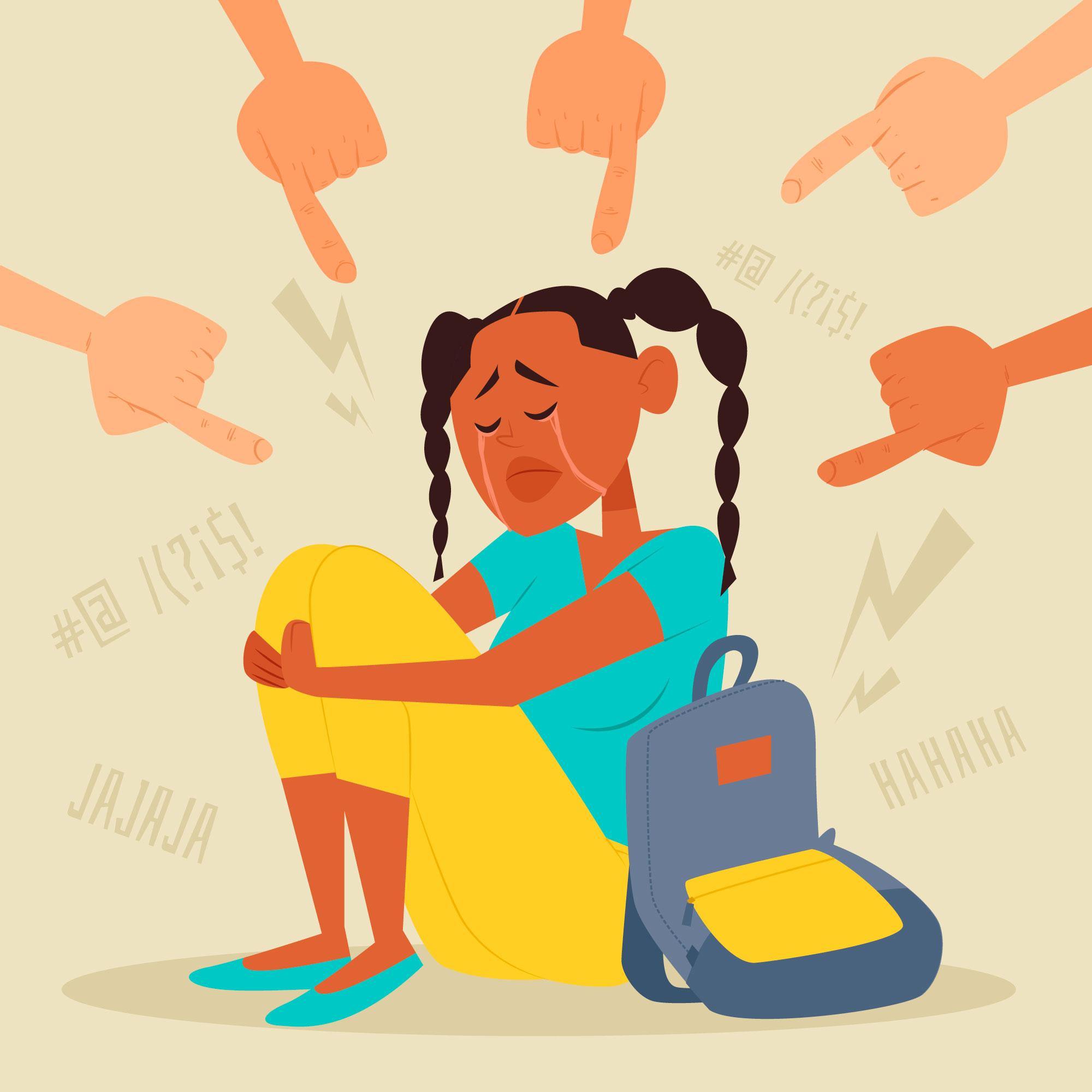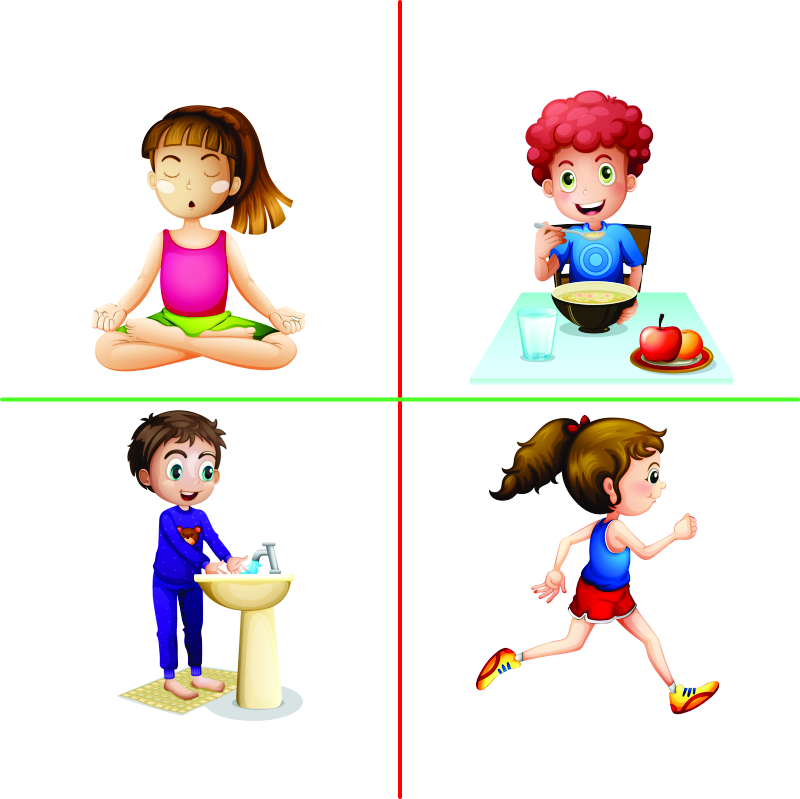Exams can feel overwhelming, especially for students in junior school who are still learning how to study effectively. Many children tend to cram all their lessons in the last few days before exams. However, this method often leads to stress, confusion and poor performance. The good news is, studying can be fun, effective and much less stressful if it’s done smartly over time. Developing good study habits early in life not only helps with school exams but also builds skills that last a lifetime.
The key to exam success lies in planning, regular revision, understanding concepts, and using memory tricks. Instead of waiting until the last minute, students should get into the habit of revising lessons every day. A little revision each day helps strengthen memory and boosts confidence. Teachers often give clues about important topics in class — paying attention and asking questions can make learning clearer and easier.
Using creative tools can also make studying exciting. For example, mind maps, flashcards, drawing diagrams, or using colourful notes help young minds remember better. Breaking lessons into smaller parts and learning them one at a time is more helpful than reading an entire chapter in one go. Explaining a concept to a friend or parent can also make the idea stick better.
It’s also important to take care of the body and mind. Children should get enough sleep, eat healthy food, and take short breaks while studying. A tired brain finds it harder to remember things. Physical activity like walking or playing outside keeps the mind fresh and focused.
Students can also make a weekly timetable to balance schoolwork, playtime, and revision. Studying at the same time every day creates a routine, and the brain starts preparing to learn when that time comes. Parents and teachers should encourage children, not pressure them, as a positive mindset leads to better performance.
Cramming is not a smart way to prepare for exams. Junior school students should focus on regular revision, understanding their lessons, and making study time enjoyable. Using colourful notes, mind maps and short study sessions helps in better recall. A healthy routine, enough rest and a peaceful environment play an important role too. With the right strategies and positive support, exams can become a chance to shine, not something to fear.









.jpg)









